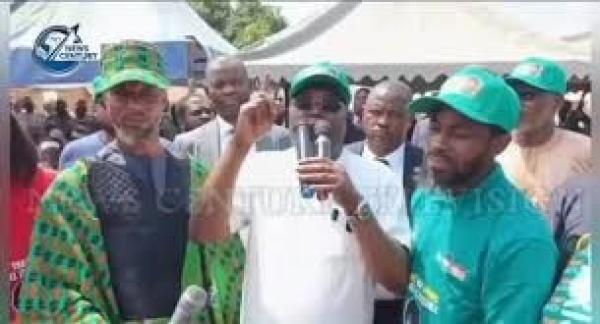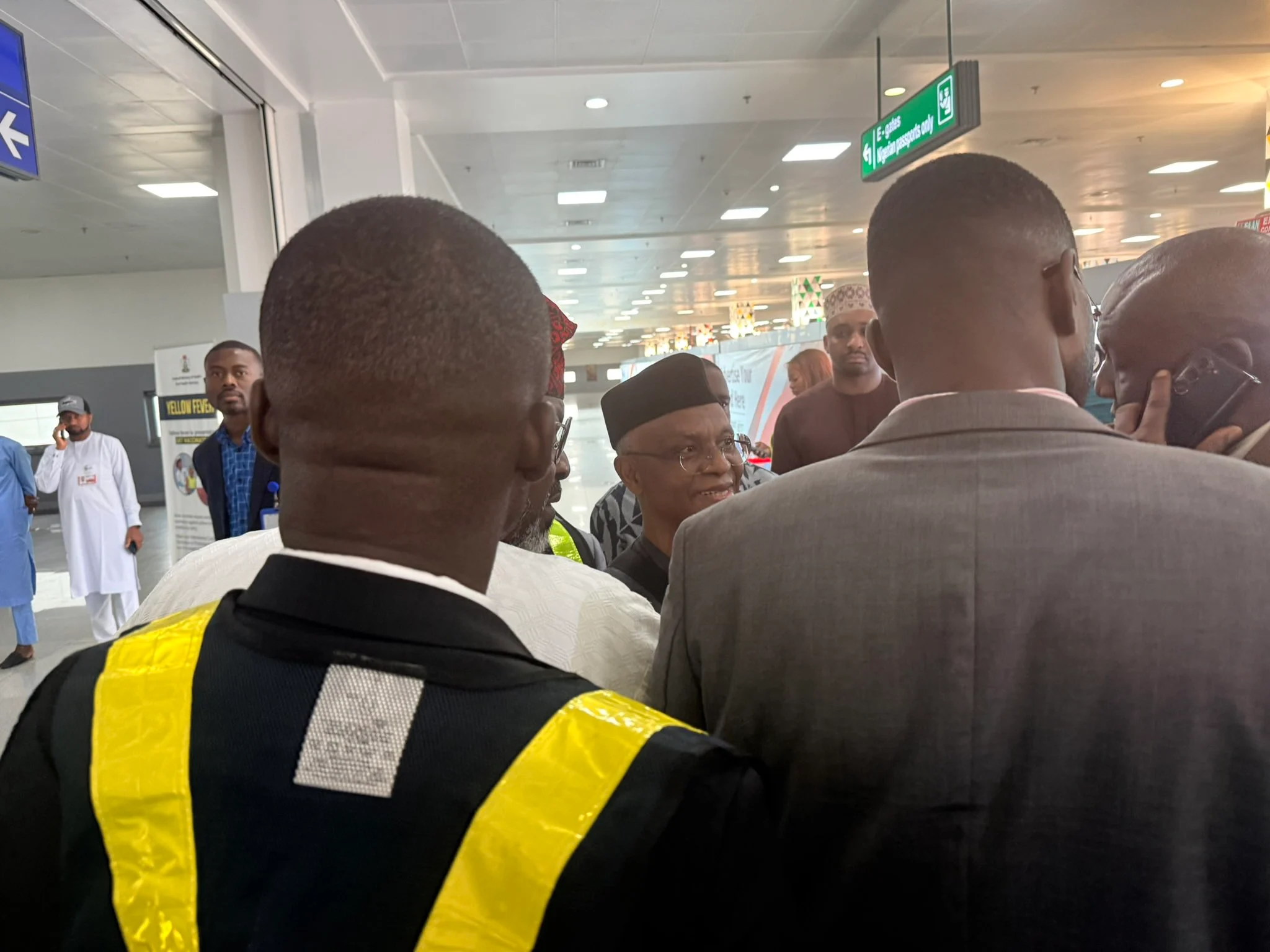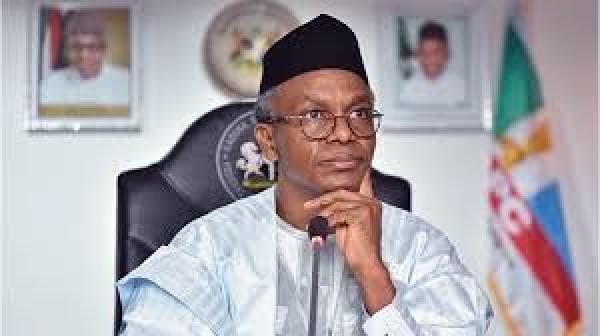
The Federal High Court sitting in Abuja, on Tuesday ruled that the Managing Director of Coca-Cola Nigeria Limited, Adeola Adetunji, was not bound by law to appear personally in court to answer charges against him.
The Federal Government had filed a suit against the soft drinks company, Coca-Cola and Mr. Adetunji for allegedly violating an order of the Consumer Protection Council (CPC) contrary to Section 21 of the Consumer Protection Council Act, Cap C. 25, Laws of the Federation of Nigeria, 2004.
Another suit was also filed against the Nigerian Bottling Company (NBC) and its Managing Director, Ben Langat, in a one-count charge of deliberately ignoring the order of the CPC, contrary to the same law.
The Attorney-General of the Federation and Minister of Justice, Mohammed Adoke, had filed both cases before Justice Evoh Chukwu.
The former Attorney-General of the Federation and Minister of Justice, Bayo Ojo (SAN), who is the prosecuting counsel on behalf of the Federal Government, had asked for a bench warrant for Mr. Adetunji’s arrest to compel his attendance in court to personally answer to the charges.
Mr. Ojo said Coca-Cola was served the summons, but regretted that he was unable to do the same with Mr. Adetunji.
He said he resorted to apply to the court for substituted service of the charge by pasting the summons on Mr. Adetunji’s residence.
However, counsel to the defendant, Gbolahan Elias (SAN), opposed the application, arguing that his clients were not bound in law to be in court to answer to charges preferred against them since they had filed a notice of preliminary objection.
Justice Chukwu rejected the application for bench warrant against Mr. Adetunji, but granted the application for substituted service.
Meanwhile, counsel to the NBC and its Managing Director, Oluseye Opasanya (SAN), had informed the court that his clients planned to file a notice of preliminary objection against the appearance of Mr. Ojo in the case.
Mr. Opasanya, whose clients were also absent in court on Tuesday, said that the former minister and the other legal representatives in his team were private lawyers, who had not obtained the necessary permission to prosecute such cases.
The case was adjourned till Monday, November 10, for hearing of the notices for preliminary objection.




















